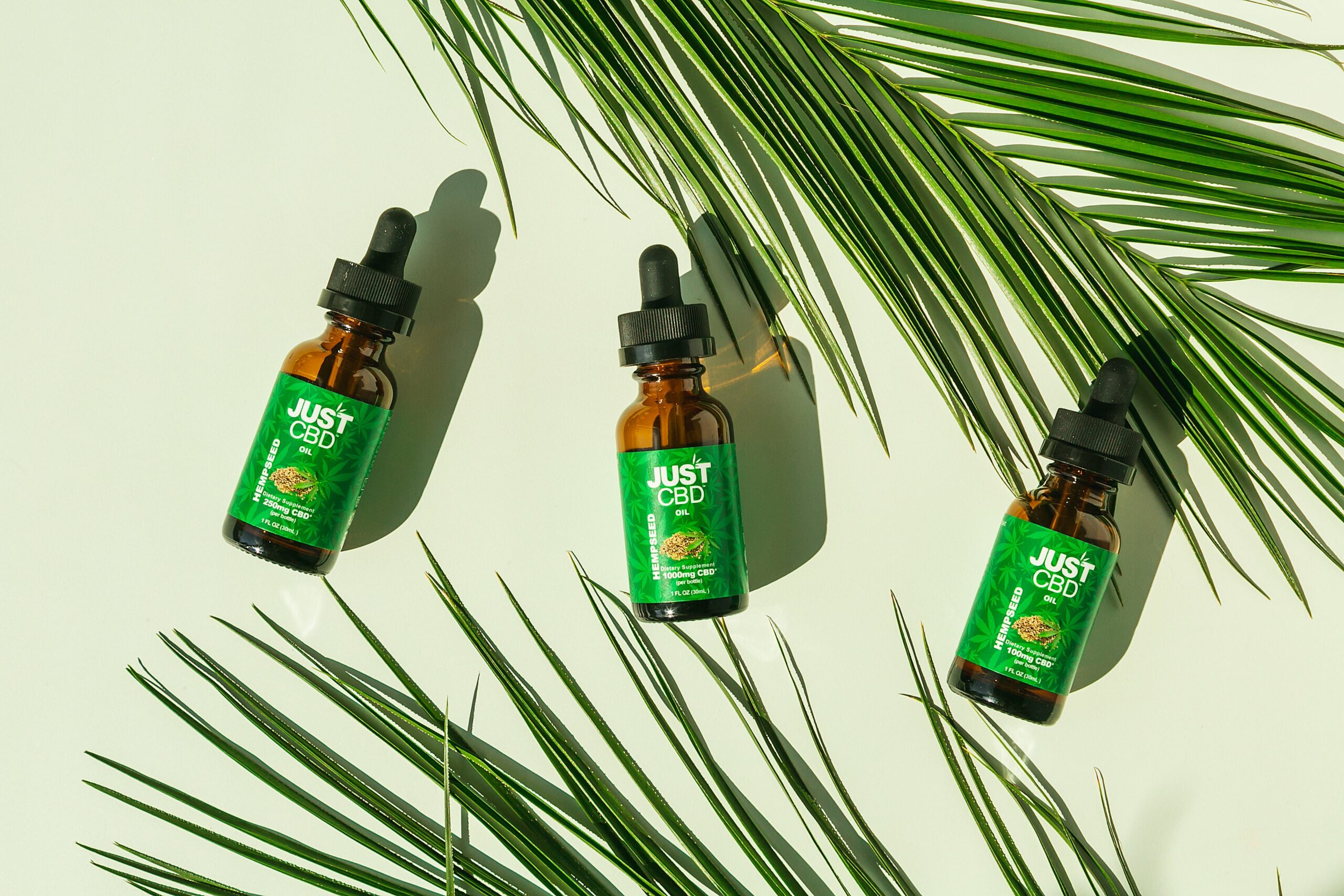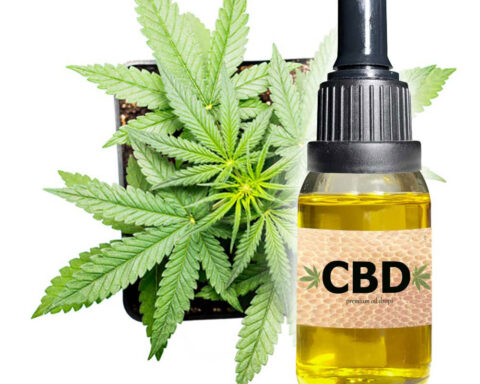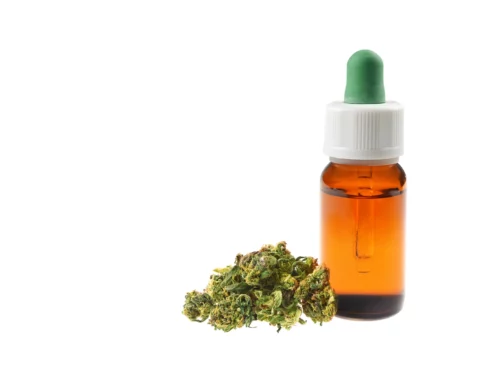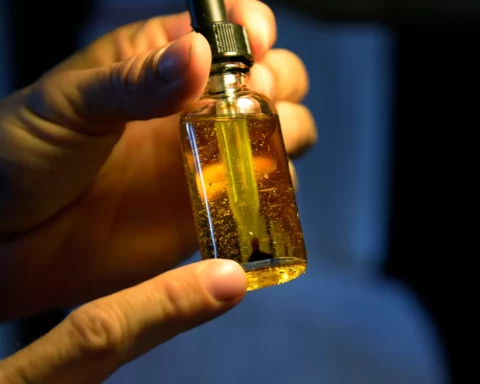Drug tests are common today, especially because many companies consider them a critical part of their recruitment process. Besides, sports people expect to take drug tests from time to time. Meanwhile, the hype around CBD oil increases daily, and many people claim that the cannabinoid has helped them in one way or the other. In fact, there is almost nothing CBD oil is not being used for at the moment, although there is not enough scientific evidence to prove that CBD oil can indeed help with these claims. Do you want to explore CBD oil for its claimed benefits but fear testing positive for drug tests? This article is your informant; read it to know everything about CBD oil and drug tests.
Understanding CBD Oil
It is a chemical substance and an active compound from the cannabis plant. It can be extracted from hemp or marijuana plants, but most brands specialize in hemp-derived CBD products whose THC concentration is less than 0.3% to meet Farm Bill’s requirement on legal CBD oil. CBD oil occur in three types; isolates (has only CBD without terpenes, flavonoids, or other cannabinoids), full-spectrum CBD oil (has terpenes, flavonoids, the psychoactive THC, and multiple cannabinoids other than CBD), and broad-spectrum CBD oil (has CBD, terpenes, flavonoids, multiple cannabinoids but without the psychoactive THC). You can enjoy various products for these formulations, including CBD oil tinctures, edibles, topicals, vapes, capsules, and concentrates.
Does CBD Oil Show Up in a Drug Test?
Pure CBD oil will not make you test positive for a drug test, but many factors come to play. Drug tests basically look for detectable THC in the system, meaning that consuming CBD oil with THC will make you test positive for a drug test. As such, the only way to pass a drug test is to avoid CBD oil products or focus on pure CBD oil.
The Source of CBD Oil Does Not Matter
Interestingly, the plant used to manufacture CBD oil does matter when it comes to drug tests. Marijuana is a cannabis strain with the highest THC concentration, and its consumption will make you test positive for a drug test. However, marijuana-derived CBD oil purified so that no detectable THC is present in it will less likely make you fail a drug test. Contrarily, full-spectrum CBD oil with THC concentrations above the cut-offs will definitely make you fail a drug test.
Cut-Offs for Drug Tests
Knowing the cut-offs for positive drug test results helps you know how drug tests are conducted. The cut-offs are the thresholds or the THC concentrations beyond which a drug test result becomes positive. There are different cut-offs based on the type of drug tests as follows;
Urine
Are the commonest drug tests with a 50 ng/mL cut-off. They look for detectable THC or THC-COOH, a metabolite of the psychoactive THC in the system. THC and its metabolites typically stay in the system 3-15 days from last consumption, but heavy use of THC might keep the metabolites in the system for up to 30 days.
Blood
Drug tests with blood as the specimen are not common in the workplace since THC clears off from the blood within a short time. For instance, the metabolites are present in the blood up to 5 hours after consumption. They are common in the road environment and are used to gauge impairment where cannabis is legal, and 1- 5 ng/mL concentration denotes impairment.
Hair
Drug tests using hair specimens are less common in the workplace and have no cut-off, with the previous suggestion resting it at 1 pg/mg of THC-COOH metabolites.
Saliva
Drug tests using saliva specimens are not common at the workplace, and although a 4 ng/mg concentration cut-off was suggested, there is no cut-off at the moment.
Why Might The CBD Oil Make You Fail a Drug Test?
If you have failed a drug test in the past after taking CBD oil, you might be wondering why that happened, yet CBD oil should not make you test positive for a drug test. Here are some reasons that might contribute to the observation;
Lack of Regulation
The FDA does not regulate the production of non-prescription CBD oil. As such, it is not surprising to come across brands that deal in substandard products that indicate the absence of THC, yet they have THC as part of the cannabinoids. This means that some brands produce CBD oil products that will increase your likelihood of failing drug tests than the rest.
Product Mislabeling
Product mislabeling may make you fail a drug test. This typically happens when there are no 3rd party tests and a brand labels products for the sake of winning customers without certainty about the actual cannabinoid profile. While this is common in the hemp arena, there is a need for further studies to confirm whether American CBD brands also fault in this manner.
Cross-Contamination
Cross-contamination at the factory and in the CBD stores and shops might make you fail a drug test. Having THC products near CBD products might lead to cross-contamination, although such cases are rare. You might buy a product that stayed close to a THC product and fail a drug test due to cross-contamination.
How to Pass Drug Tests
You might think that consuming pure CBD products with zero THC might make you pass a drug test, but as seen above, cross-contamination might still make you fail a drug test. As such, the only surest way to pass drug tests is to avoid cannabis products as much as possible. Sourcing CBD oil from reputable brands, reading product labels. Researching a company before buying its products and choosing CBD oil products whose cannabinoid profile and CBD concentration are indicated might also increase your chances of passing drug tests.
Conclusion
CBD oil should not make you fail a drug test as long as its THC levels are below the cut-off. While one might consume pure CBD oil, cross-contamination, lack of regulation of the hemp space, and product mislabeling might make the consumer fail drug tests. As such, the only surest way to pass drug tests is to avoid cannabis products altogether, although research and relying on reputable brands for your CBD products might help somehow.
- Elevate Energy, Soothe Stress, And Peak Performance with The New UNBEETABREW Coffee Sensation - September 21, 2023
- Chef Bob’s Coffee: A Journey Fueled by Passion - July 29, 2023
- Amatera: Redefining Beauty by Embracing Aging Gracefully - June 10, 2023









